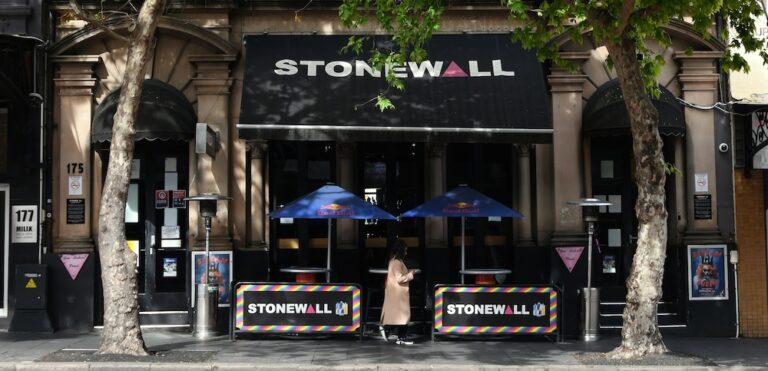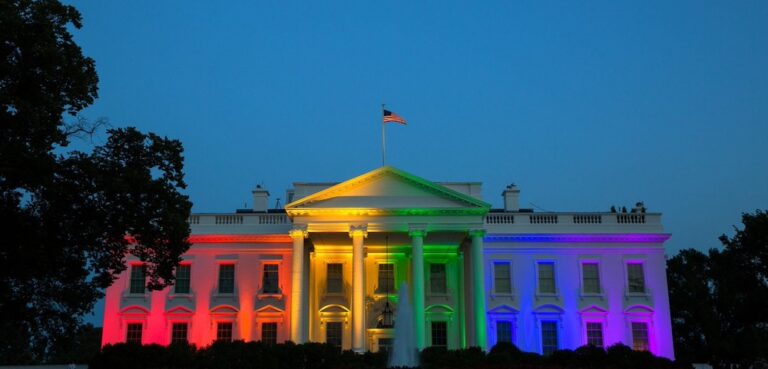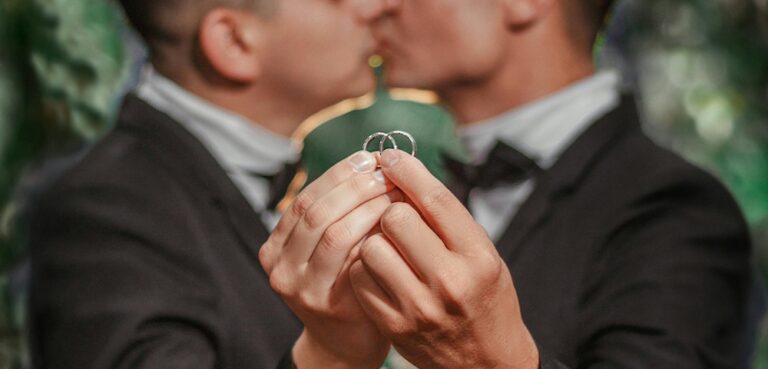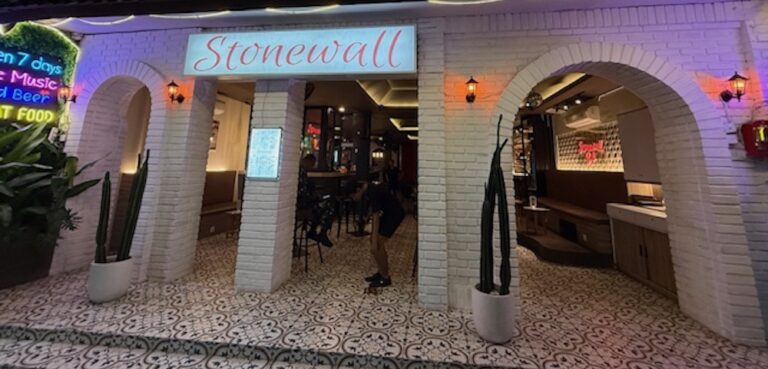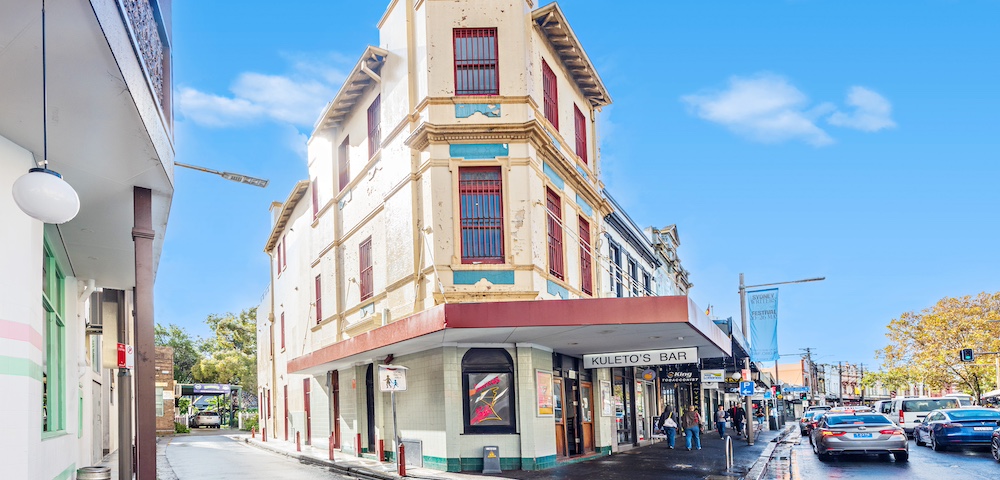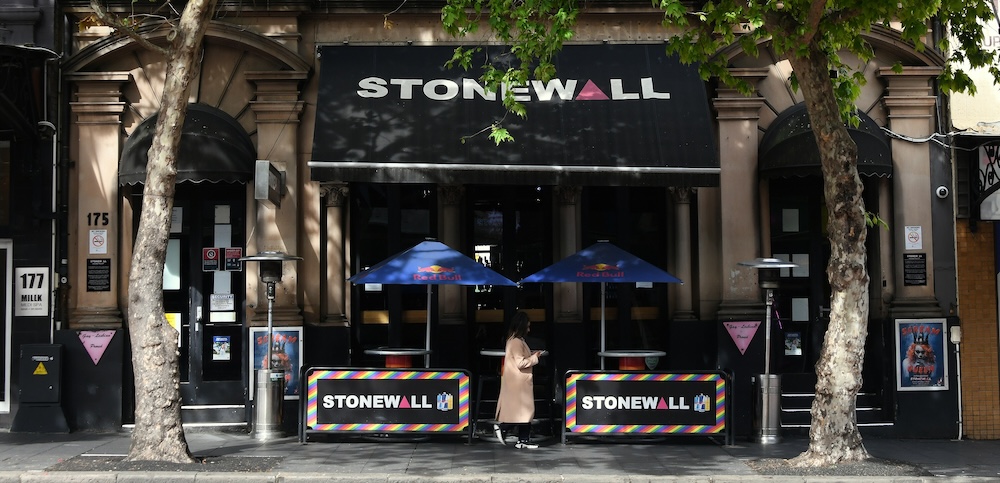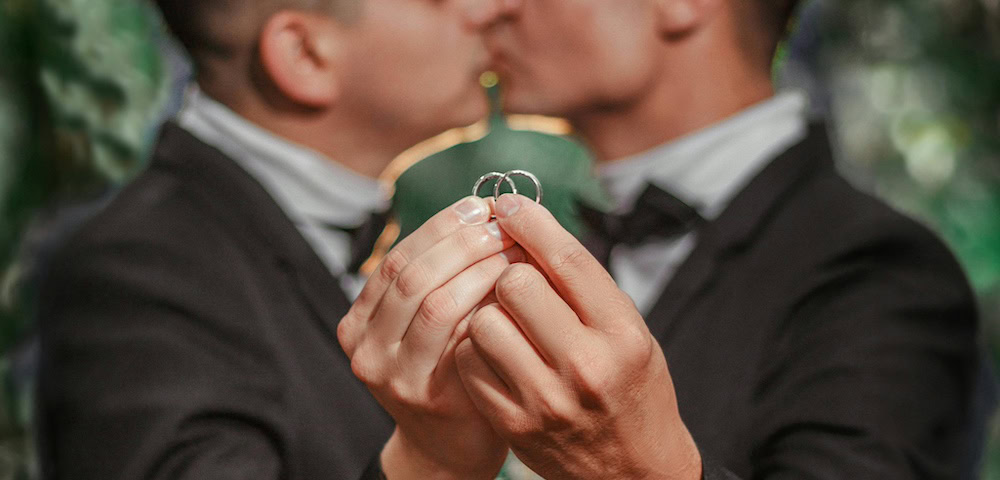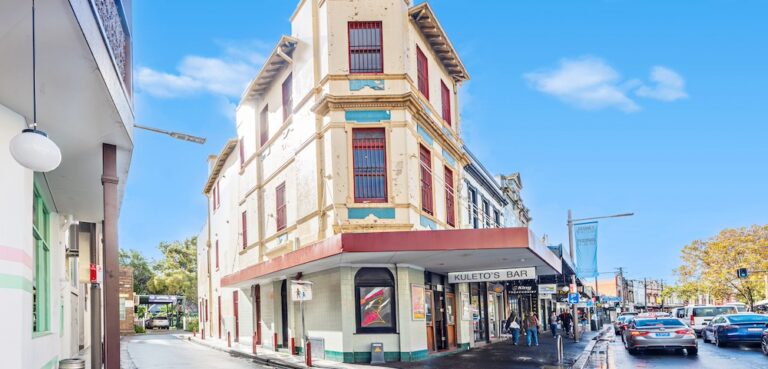
DOMA rulings celebrated

 In two historic rulings for gay rights in the United States, the Supreme Court has struck down the Defense of Marriage Act (DOMA) and effectively legalised gay marriage in California. Pride events in San Francisco and New York over the weekend became celebrations of the landmark decisions, with huge crowds in the two cities gathering in support of marriage equality.
In two historic rulings for gay rights in the United States, the Supreme Court has struck down the Defense of Marriage Act (DOMA) and effectively legalised gay marriage in California. Pride events in San Francisco and New York over the weekend became celebrations of the landmark decisions, with huge crowds in the two cities gathering in support of marriage equality.
In a 5-4 ruling, the Supreme Court found that Section 3 of DOMA, which provides an exclusively heterosexual federal definition of “marriage” and “spouse,” was unconstitutional because it deprived people of “equal liberty” before the law.
The case, United States v. Windsor, was brought before the Court by 84-year-old New Yorker Edith Windsor, who was charged $363,053 in estate taxes because the government did not recognise her marriage to her longtime partner Thea Spyer, who died in 2009 and left her estate to Windsor.
In recognition of her legal victory Windsor was made the marshal of New York’s pride parade, which took its usual route to the epicentre of the United States’ gay rights movement at the Stonewall Inn. Despite the air of celebration, many activists who were in New York for the Stonewall riots in 1969 said marriage was not the culmination of their political goals, and had been rejected by gay activists involved at that time.
Minutes after handing down the Windsor ruling the Supreme Court declined to overturn a previous decision that struck down California’s Proposition 8, effectively rendering gay marriage legal in the US’s most populous state.
As a result, San Francisco Pride saw hundreds of same-sex couples marry, with 236 marriage licenses issued out of the San Francisco City Hall on Sunday alone. Many newly-weds expressed their concern at the possibility of new legal challenges to the ruling, and were determined to marry as soon as possible.
The Supreme Court decision brings the lengthy legal battle over same-sex marriage in California to an end. Proposition 8 banned gay marriage in California after narrowly passing at the 2008 election, but the ban was found to be unconstitutional in two later court rulings. However, the Court declined to use the case to assert a sweeping right to gay marriage nationwide, meaning the ruling only has power in the state of California.
Proposition 8 backers appealed the decision on Saturday, petitioning Justice Anthony Kennedy to deny same-sex couples marriage licences for a 25 day period usually observed before Supreme Court decisions come into effect. Kennedy denied the petition without comment.
